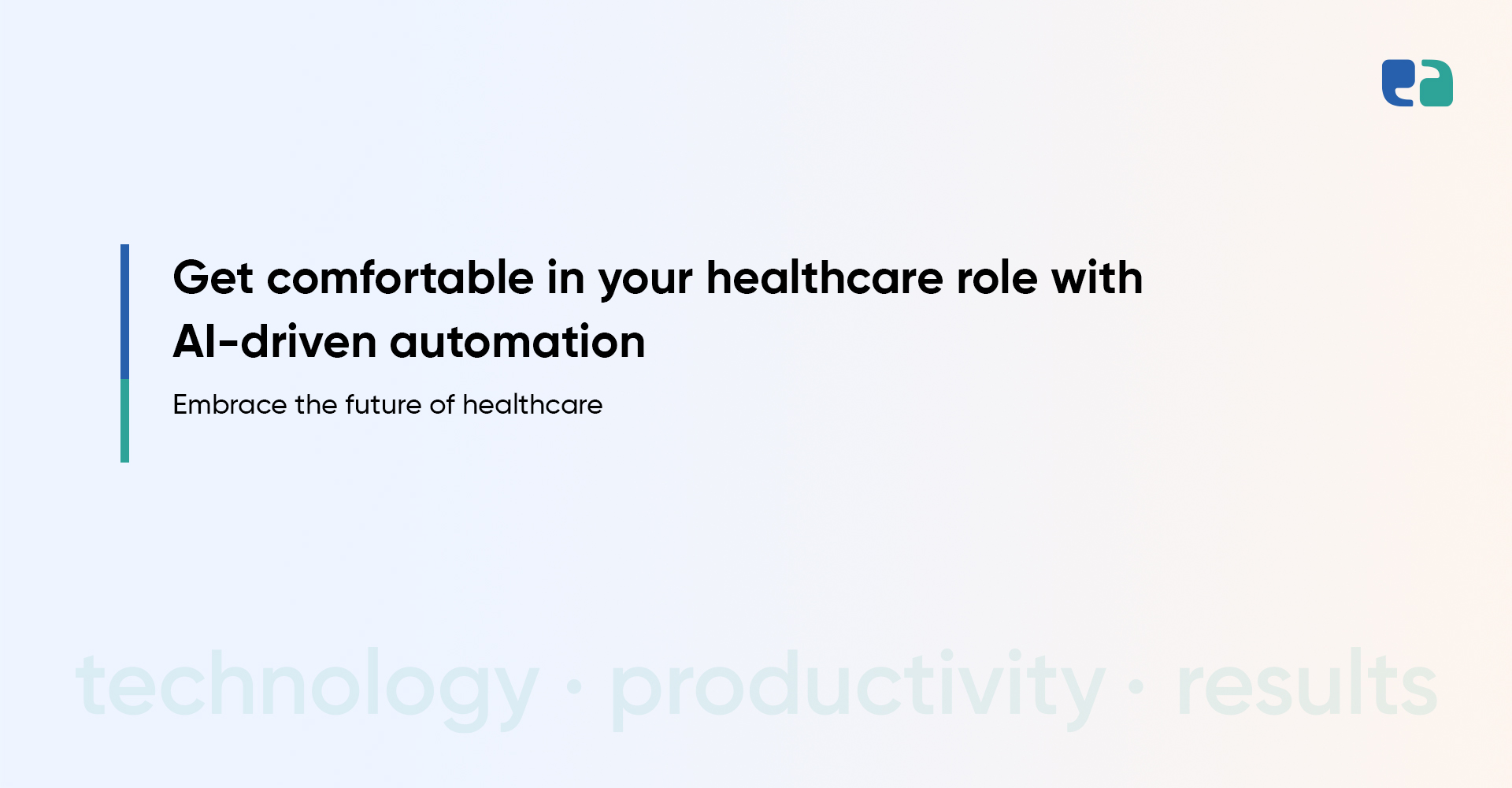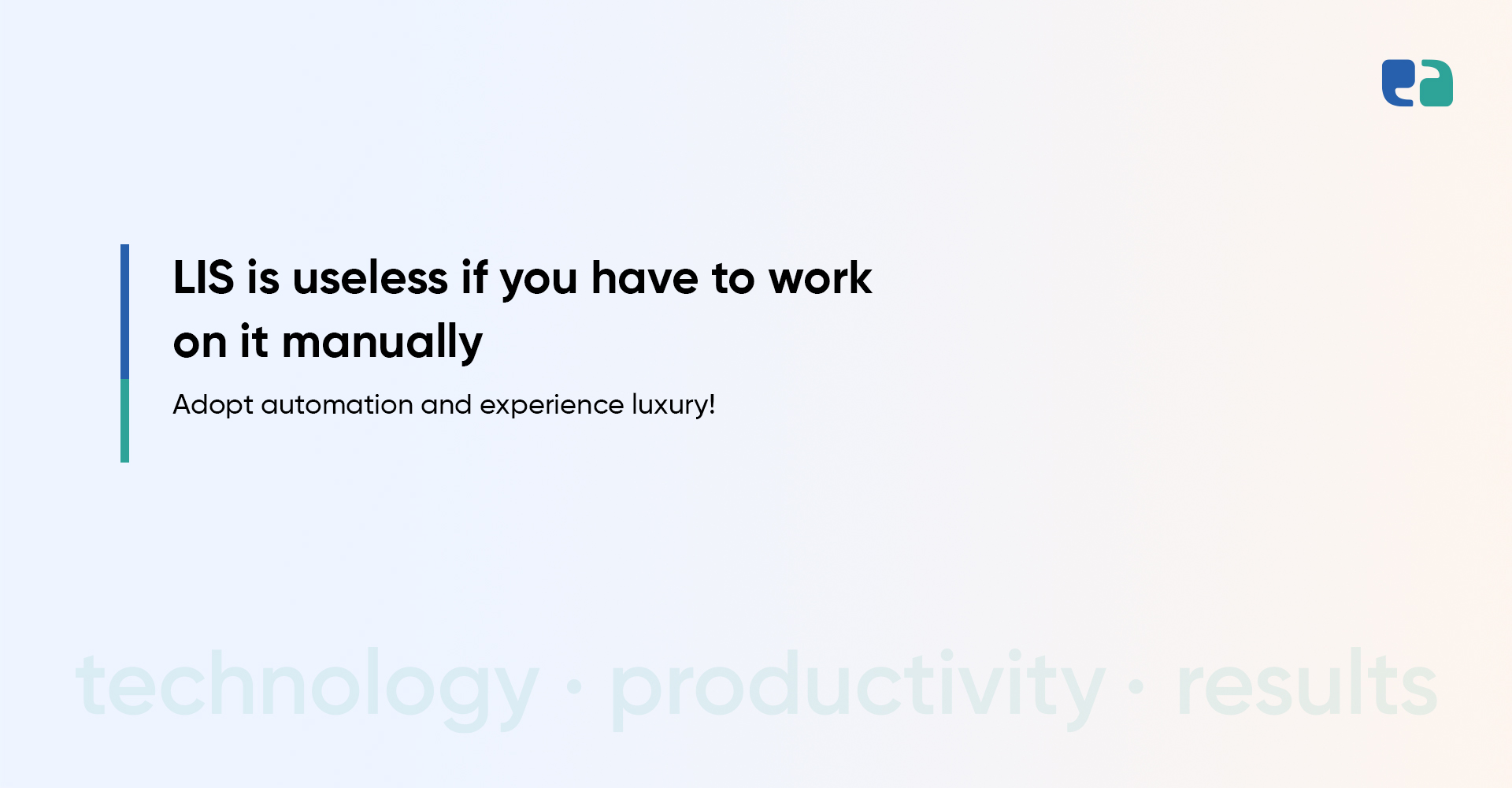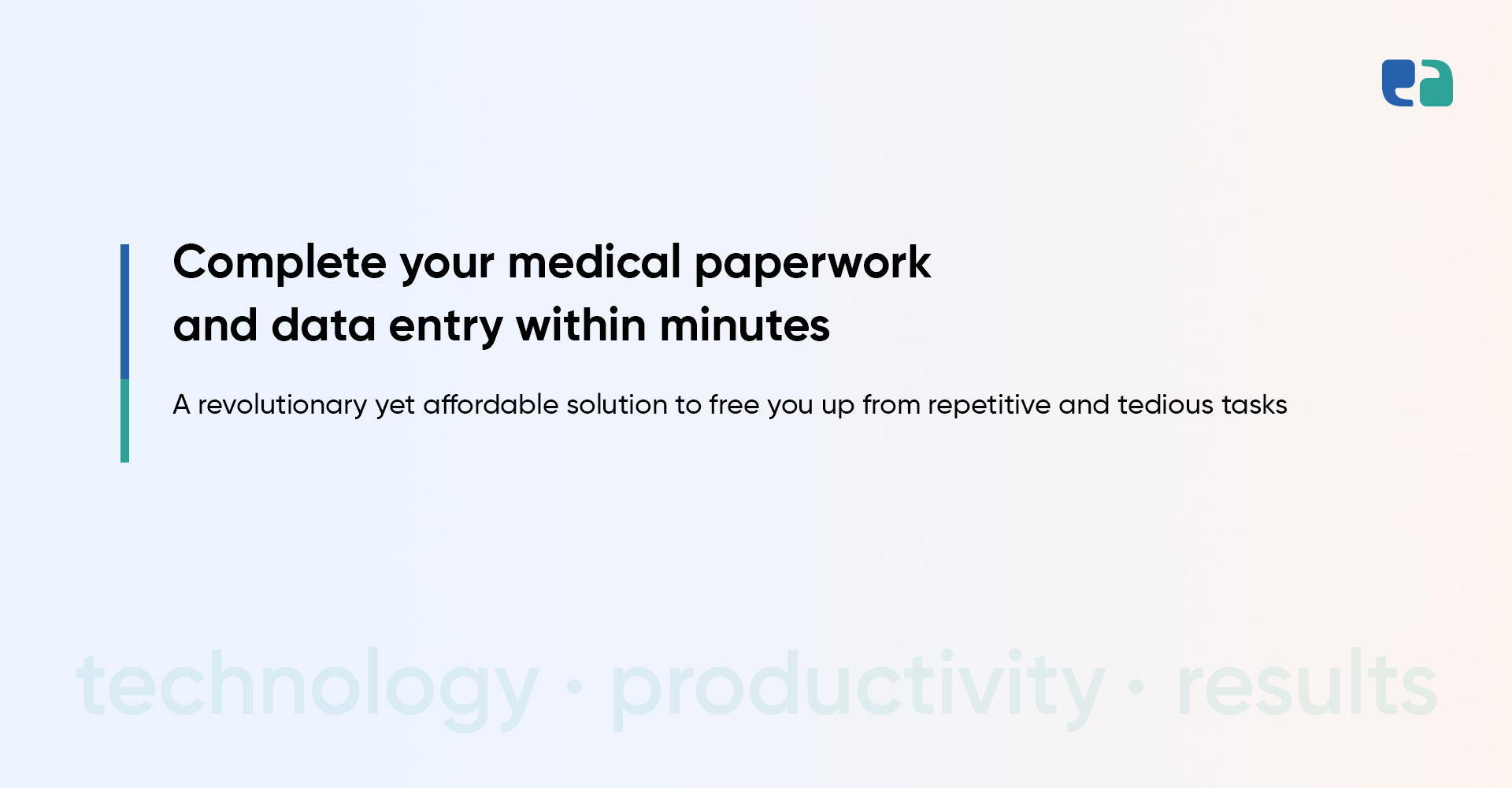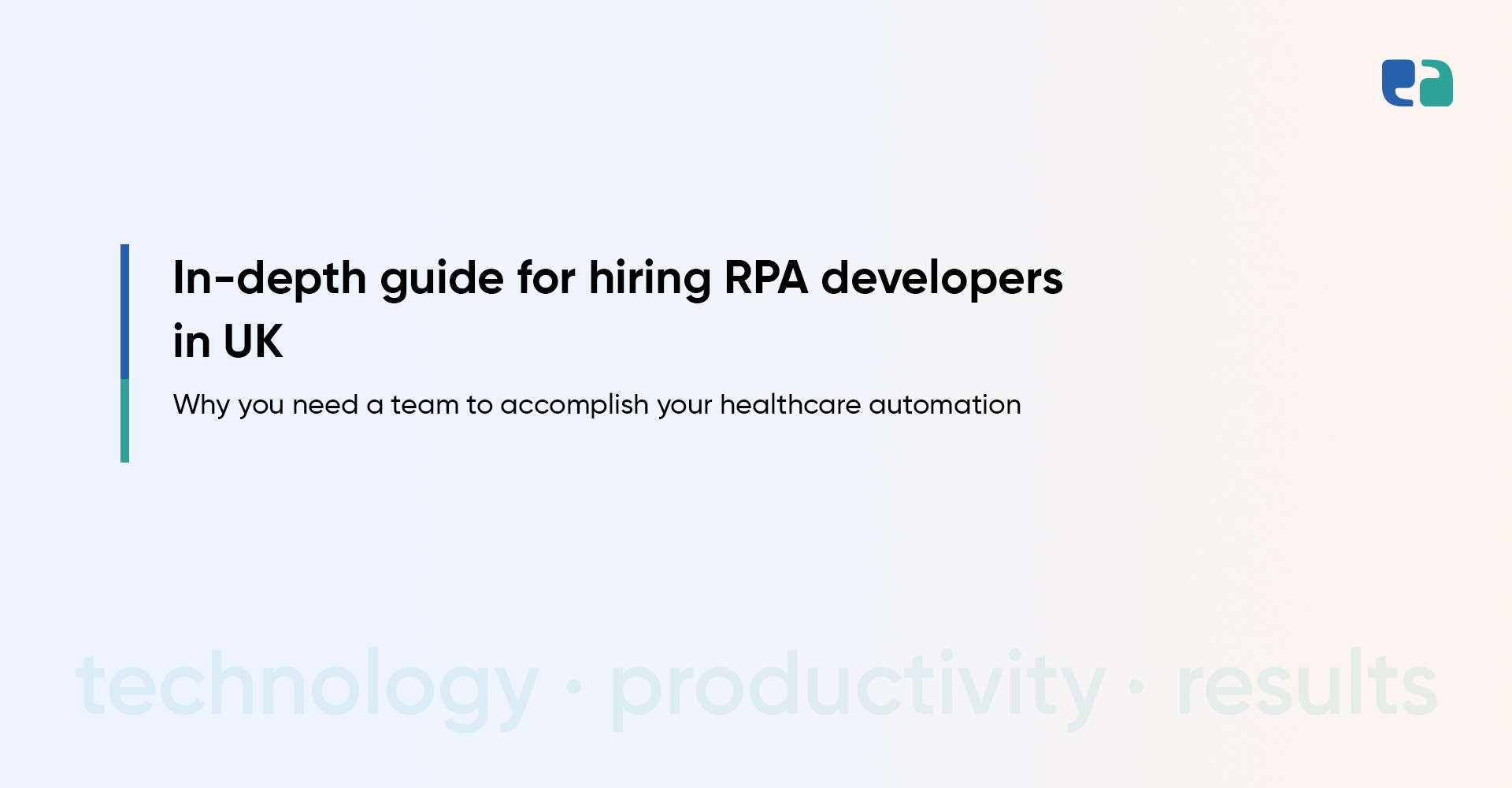The use of AI in healthcare is no longer science fiction as technology is rapidly transforming the healthcare industry.
Now doctors can easily access and analyze patient data to make better decisions.
Admin staff can work efficiently and patients can have entire control of their health and well-being.
Still, most healthcare facilities and businesses find it difficult to implement AI-enabled automation in their processes.
Many of them say healthcare is difficult to automate because of its unique challenges.
Let’s find out what are the implementing issues and limits of healthcare automation along with the workflows that can be automated.
Why is the Healthcare Industry Taking Time to Adopt AI & Automation Technology?
Identify the Opportunities of Using Process Automation in Healthcare
There are multiple areas in healthcare where AI-led automation can work better and more rapidly than humans.
The goal of every healthcare provider is to identify those areas to apply the resources, intelligence, and energy in the right direction.
Common implementations of workflow automation software are as follows.
Limitations of Automation in Healthcare
The future of healthcare is pushing us to have a more intuitive, efficient, robust, and secure digital healthcare system.
Digitization of the EHR, and EMR has already changed how medical staff work.
AI-driven diagnosis and treatments are providing decision support to radiologists and doctors to improve care delivery.
In the upcoming years, we may see that the roles of medical staff and physicians will be drastically changing with the adoption of new technology.
But that doesn’t mean their role in healthcare is replaceable with RPA bots.
Though administrative job roles have major chances of elimination with automation, the system will still require human supervision.
The limitations of AI are undeniable.
But it still possesses the potential to revolutionize the healthcare ecosystem by easing the tasks of healthcare staff.
Healthcare Process Automation: Make the Technology Work for You with Our RPA Expertise
Healthcare organizations should leverage RPA to make jobs better for staff and physicians.
Those who were previously loaded with the manual administrative job can take up more advanced tasks and focus on patient care.
The fusion of AI and RPA technology can make everyone feel more comfortable with what they do providing more space for creativity in the role.
Additionally, automation helps healthcare organizations to be cost-efficient and provides more business opportunities.
The healthcare executive should look forward to automating common workflows of healthcare to drive productivity and efficiency.
If you are planning to automate healthcare processes in your organization to achieve maximum productivity, we are here to help you to get that done.
We are a healthcare-focused IT company with proven experience and expertise in healthcare software development, web, and mobile app development, consultation, designing, analysis, testing, and automation.
We know every healthcare organization has a unique workflow and thus the solution must also be unique to fit your healthcare requirement.
Therefore, we closely evaluate your healthcare requirement before providing you with a range of solutions.
So let’s get a little proactive to make your next transformation move and feel free to discuss your plan with us.



